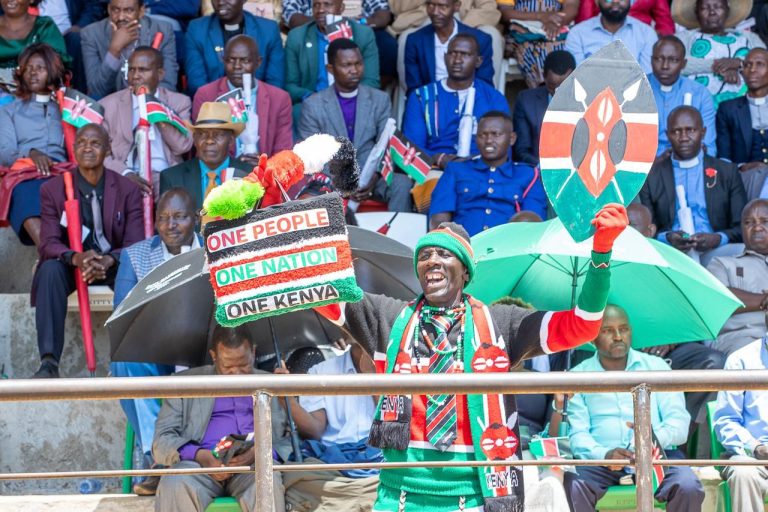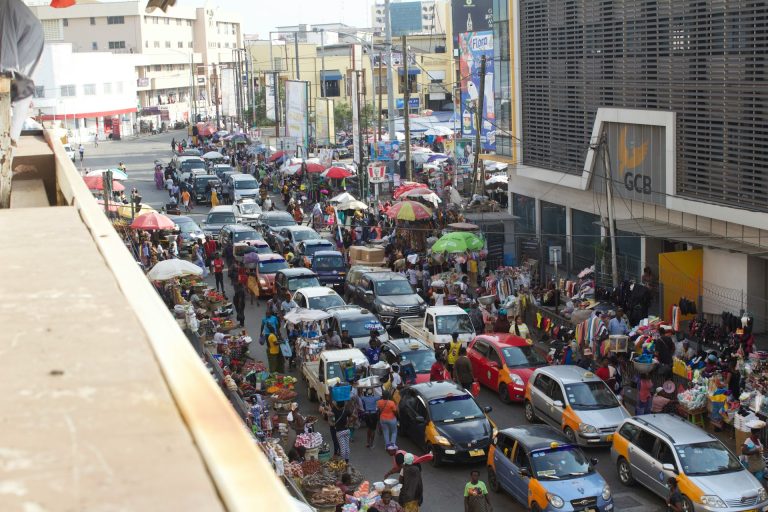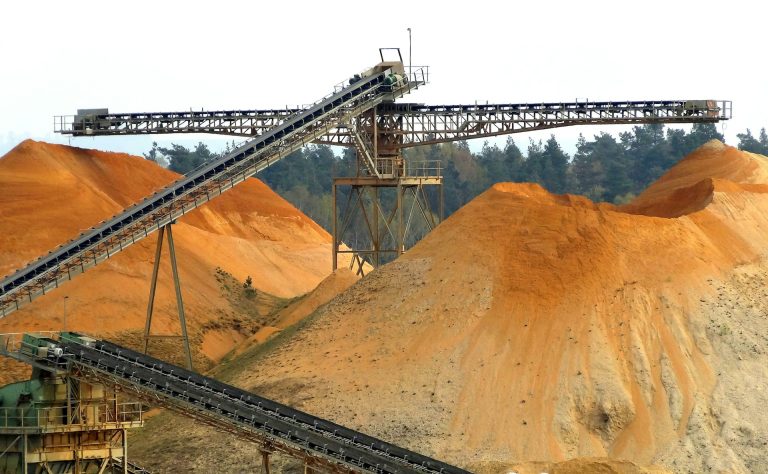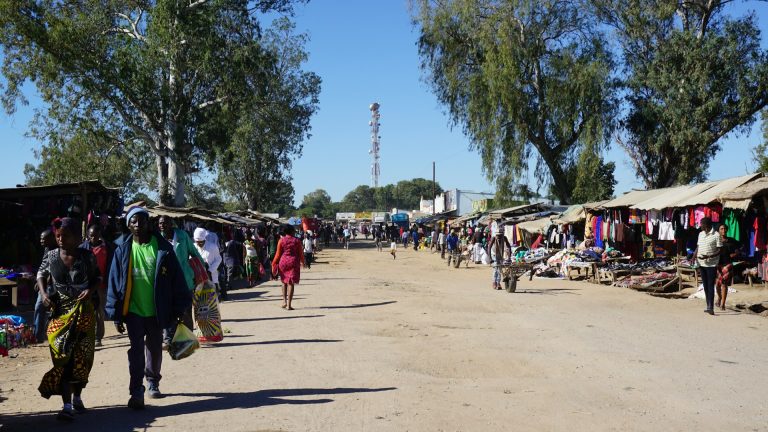- AfDB and Cameroon sign $160mn deal for Far North revival
- Loan to create 5,000 jobs and expand training centres
YAOUNDÉ, CAMEROON – The African Development Bank (AfDB) has signed €136 million ($160mn) in loan agreements with Cameroon to boost jobs, skills and infrastructure in the country’s violence-hit Far North region.
The financing package, signed in Yaoundé by AfDB Central Africa Director General Léandre Bassolé and Cameroonian Economy Minister Alamine Ousmane Mey, will fund the Building Capacities and Skills for Employability and Entrepreneurship in the Extrême Nord Region (CAP2E) programme.
The loans include €5.8 million from AfDB’s concessional African Development Fund and €130.2 million from its non-concessional window.
Building skills and jobs in fragile region
The five-year programme is expected to directly support more than 500 small and medium-sized businesses, provide technical and vocational training to 6,000 young people, and create at least 5,000 jobs, with 40 percent reserved for women.
It will finance the construction or rehabilitation of 22 training centres and 29 social facilities, while expanding access to health and education services. Renewable energy projects will also be funded to strengthen climate resilience in the region, which has been destabilised by insurgent violence.
Minister Mey said the initiative aimed to “invest in human capital, strengthen the skills of local people, and create job opportunities in promising sectors such as agriculture and renewables.”
He added: “The programme will help to promote shared prosperity, reduce inequalities and consolidate social stability, with particular attention to young people and women.”
Bassolé called the project “a genuine catalyst for transformation,” stressing that it would promote entrepreneurship, improve infrastructure and bolster solar energy. “Through this initiative, the Bank reaffirms its commitment to promoting the sustainable empowerment of young people and women by means of targeted, high-impact interventions,” he said.
Wider economic impact
Analysts say the AfDB loan could also have macroeconomic benefits. Economist Dambisa Moyo noted that the facility could “crowd in private capital and help Cameroonian SMEs become more competitive, especially in agriculture and light manufacturing.”
Since the AfDB’s support reduces default risk, the funding may lower yields on Cameroon’s Eurobonds by boosting investor confidence. With concessional terms, the loans relieve pressure on public finances and offer Cameroon more flexibility compared to commercial debt.
Dr. Acha Leke, Senior Partner at McKinsey Africa, said the project could help reorient the country’s growth model.
“Targeted investment in education and skills is the most sustainable form of economic development. Cameroon’s Far North has struggled with underemployment and poverty – this programme can create pathways for youth to participate in the modern economy,” Leke said.
The initiative ties into Cameroon’s national development strategy, AfDB’s 2023-2028 country programme, and the government’s Special Programme for Reconstruction and Development of the Far North.
By prioritising youth, women and SMEs, the AfDB loan marks a shift from infrastructure-heavy borrowing toward human capital and entrepreneurship, signalling a new approach to long-term economic resilience.











